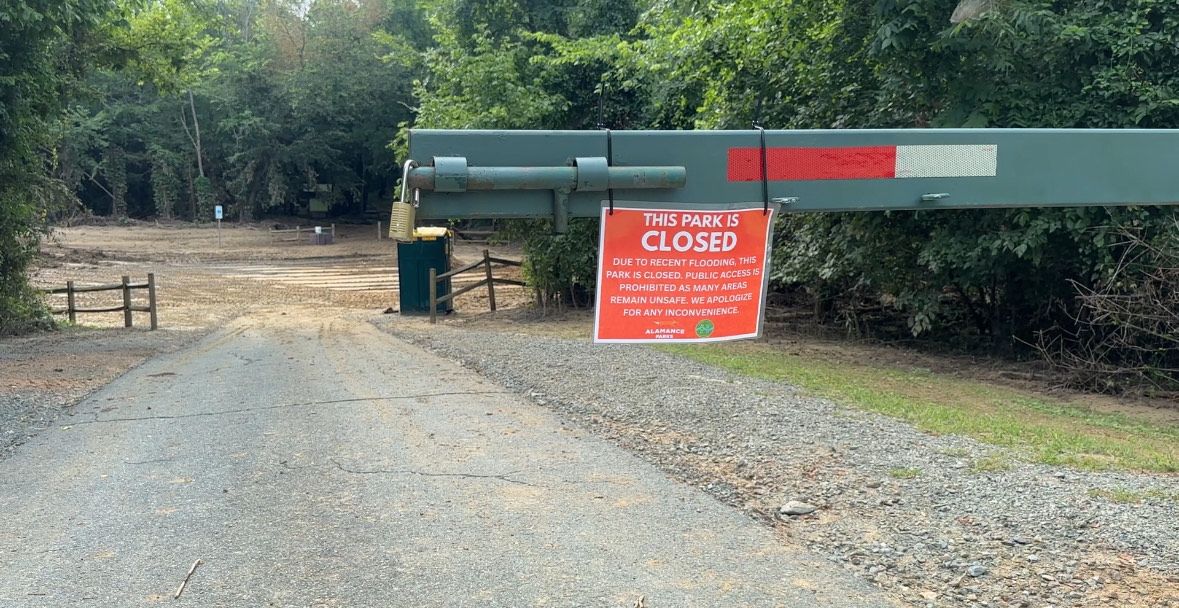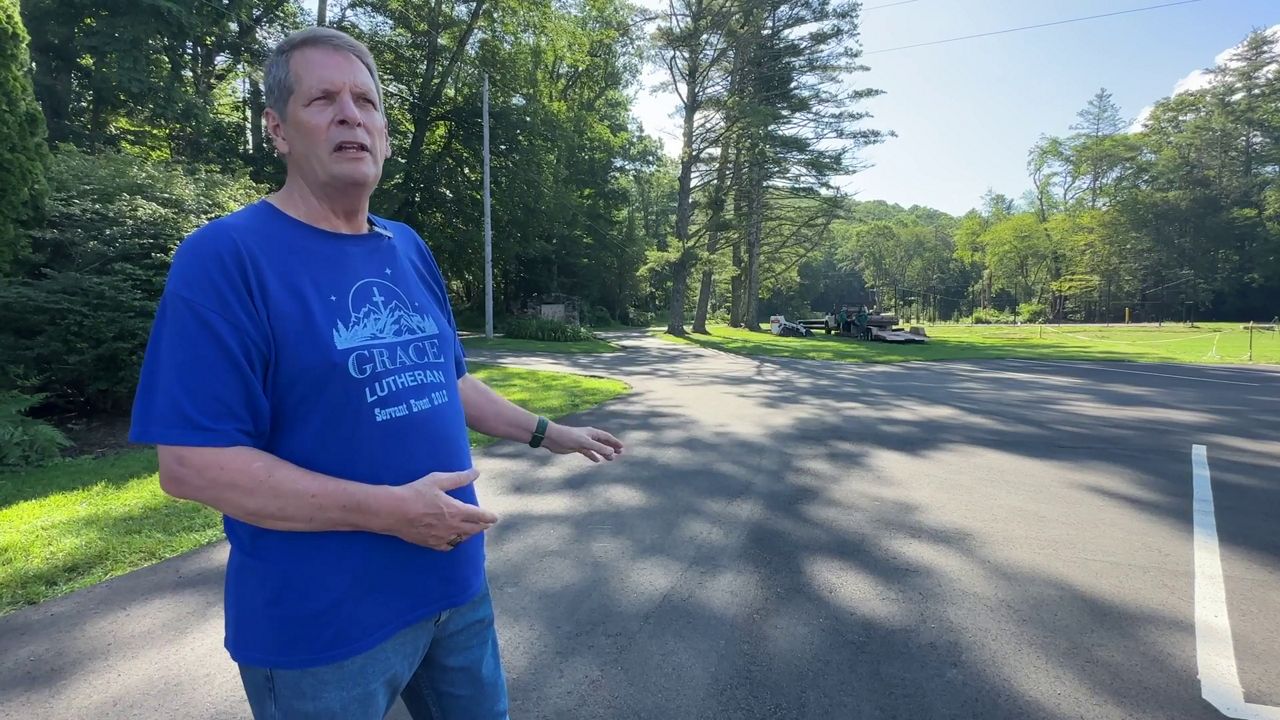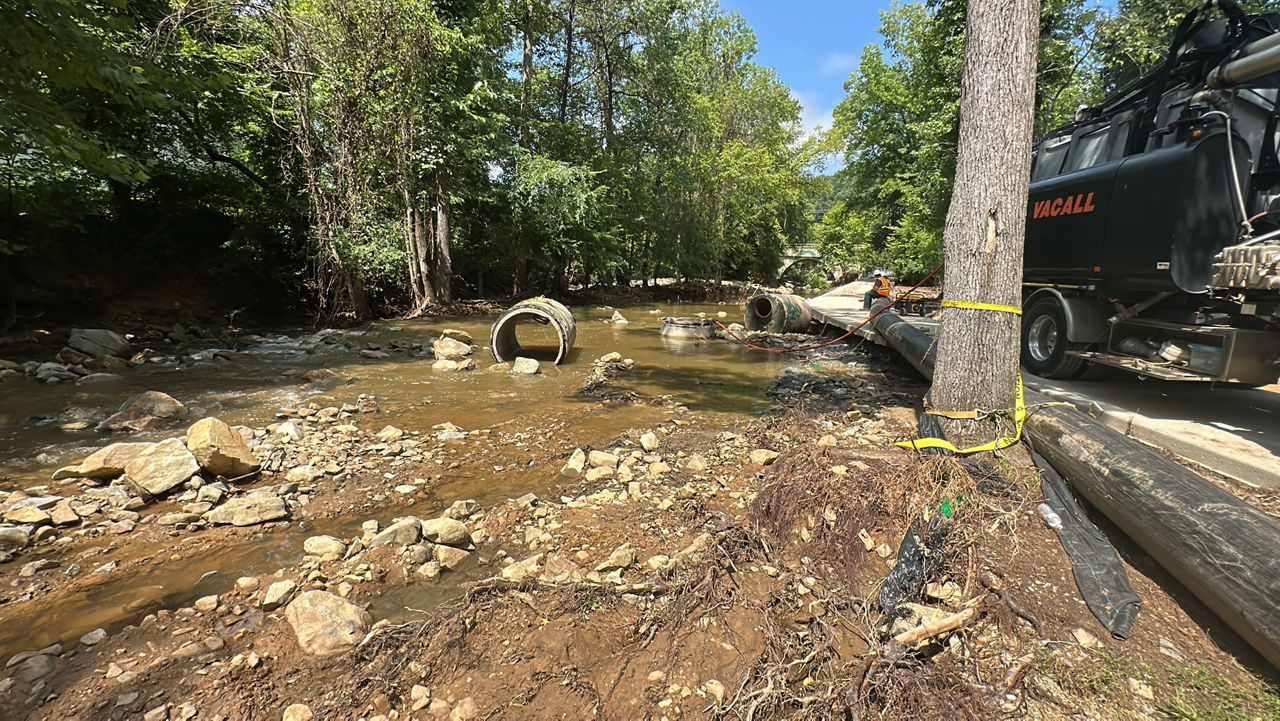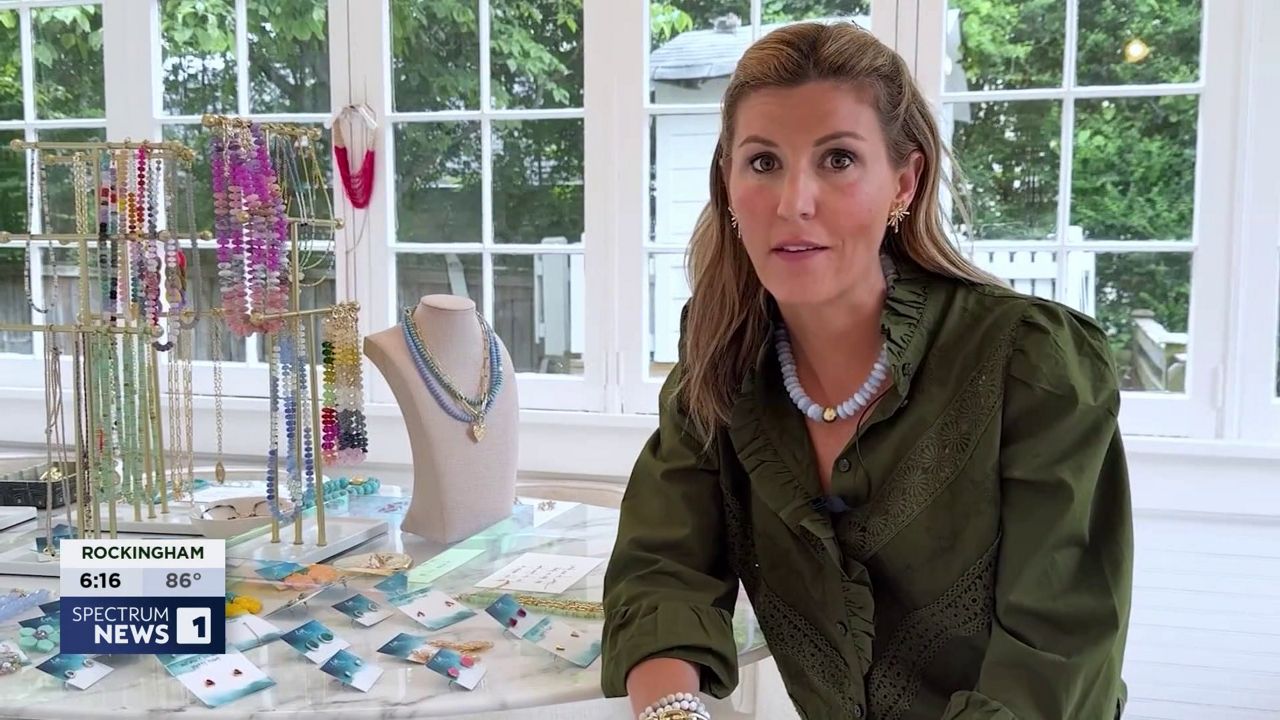WAKE COUNTY, N.C. — As inflation and supply chain shortages continue, more people are learning to grow their own food.
A community garden is great place to learn how to garden, whether you want to save money or because you need space to grow.
Rich Woynicz is a master gardener who spends most of his time at Kirk Community Garden in Cary. The garden sits outside Kirk of Kildaire Presbyterian Church and its members follow a communal model, where they grow and share everything with one another.
"Every different community garden usually has some type of different mission or method. We are a faith-based community garden," Woynicz said. "Some have individual beds that you can rent, some are a hybrid where you grow together a portion, but you have maybe your own individual bed."
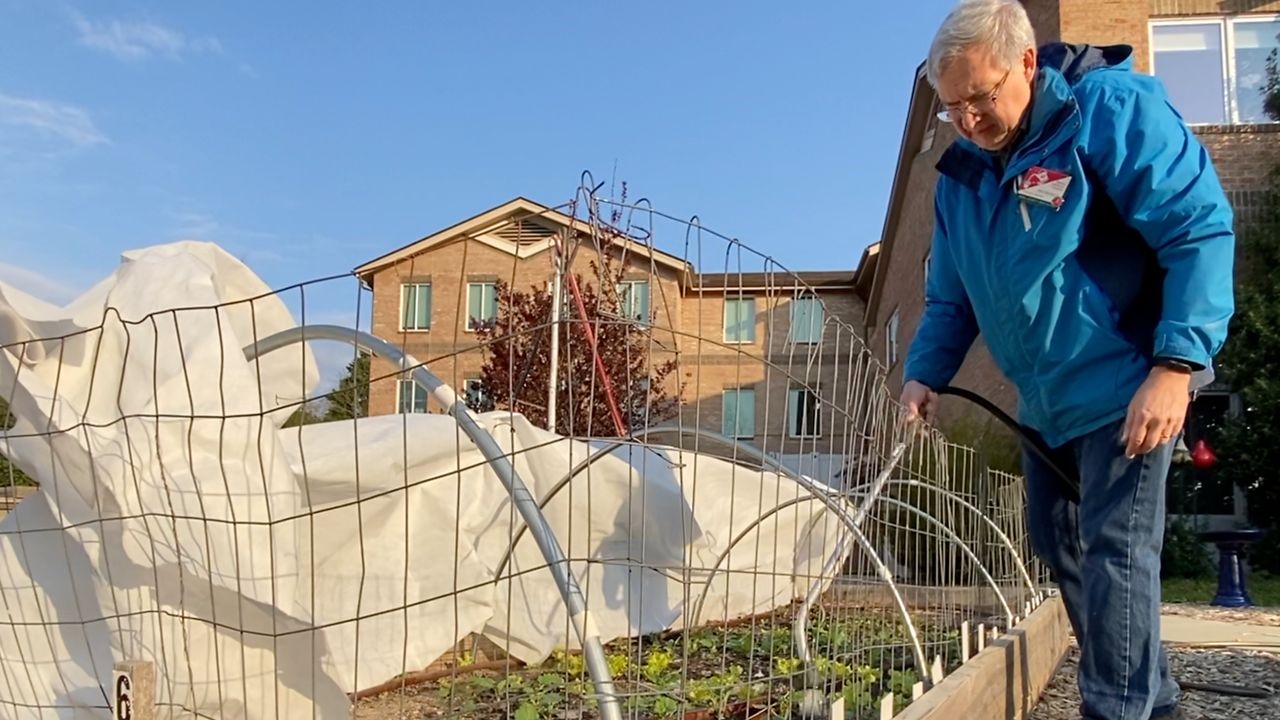
Woynicz says over the course of the pandemic he's seen an increase of people interested in learning how to grow their own food. And his job as a master gardener is to share his knowledge with others.
"We enjoy seeing that because a lot of people, particularly during COVID, were concerned a little bit about food supply and where their food was coming from," Woynicz said. "A lot of times people may be intimidated about gardening, they may not know where to start or what things to grow. As master gardeners we have a lot of information available."
Woynicz says in some cases, cultivating your own produce can pay off over time. And that has also been attractive to consumers. He gave an example of buying a pepper plant.
"That pepper may cost you $2, $3 or maybe $4. But that pepper plant could produce five, six or seven peppers. And in a grocery store, those peppers could be 99¢ apiece," Woynicz said. "It can be much more cost effective to grow some of that food from a savings (perspective), growing from a seed or from a plant.”
Right now is a great time to get started in gardening. April 15 through Oct. 31 is considered North Carolina's normal warm growing season.
You can get your soil tested for free by the N.C. Department of Agriculture. That way you know if the soil is rich or lacking in nutrients before you start planting. You can pick up a soil sample box at your county's cooperative extension office. For more information on how to do that, click here.







